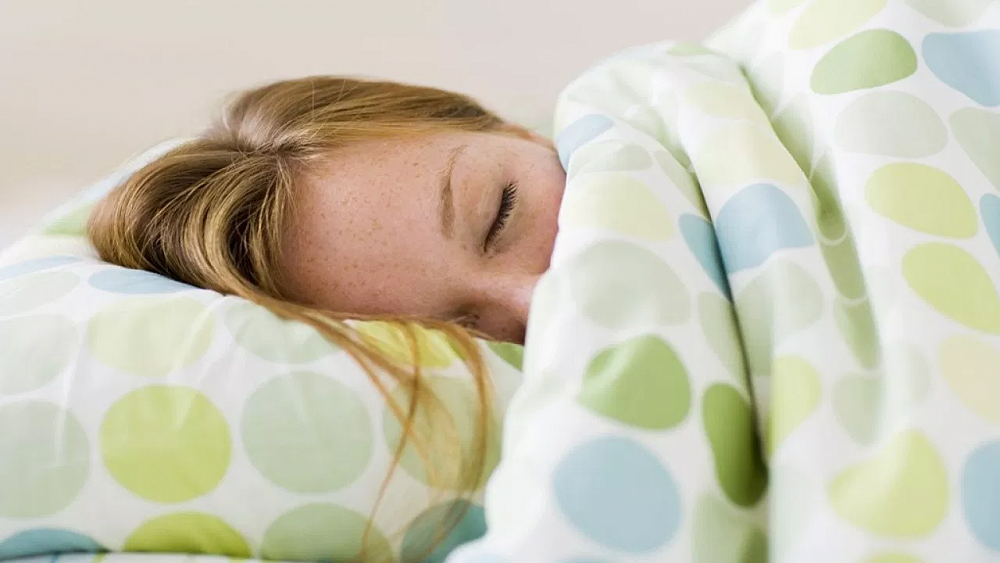
Struggling to get a good night's sleep? Here are some tips you could try.
Set your body clock
Try to go to bed and get up at the same time each day, even if you have had a disturbed night's sleep.
Get out in daylight during the day. Light is the best regulator of your biological clock.
If your body, face and eyes are exposed to sunlight your body will increase its production of serotonin. Serotonin is a chemical in our body that regulates everything from your mood to sleep. Serotonin leads to the making of melatonin. Melatonin is needed by our bodies for a restorative sleep.
Be active during the day
Regular day-time exercise improves sleep.
Avoid strenuous exercise within one to two hours of going to bed as this can make you more alert and boost your body temperature, making it harder to fall asleep.
Wind down at bedtime
Include an hour of quiet time before bed such as reading, drawing or listening to music.
Heat - have a hot bath or shower. This can reduce stress chemicals in your body and help your brain to relax.
At bedtime, make your bedroom dark, cool and quiet and ensure that your pillows, sleep surface and coverings are comfortable.
Have a light snack before going to bed. Going to bed hungry can be distracting, but avoid heavy meals within two hours of bedtime as this can interrupt sleep.
Make your ‘to do’/goals list for the next day, so you don’t think about these. Brain dump those thoughts before getting into bed.
Try some basic yoga stretches and breathing techniques. This can help to quieten down the activity in our brains.
Here is a 7 minute Yoga for Bedtime routine you could try.
Keep your evenings stimulant-free
Avoid caffeine-containing drinks late in the evening.
Avoid using your computer, mobile phone and other electronic devices for at least 30 minutes before going to bed.
Reduce blue light exposure in the evening
Blue light has a short wavelength that affects levels of melatonin (a hormone that regulates the sleep–wake cycle) more than any other wavelength does.
This disrupts your body clock, causing poor sleep.
If you use your phone or computer in the evening, switch it to night-time setting or, better still, turn it off.
Go to bed when you're tired
If you go to bed at the same time each night, you should start to feel sleepy at bedtime.
Try not to ignore this sleepy feeling by staying up, as this is your window of opportunity for sleep.
If you’re awake after 20 minutes, get up and do something relaxing in another room and then return to your bed.
